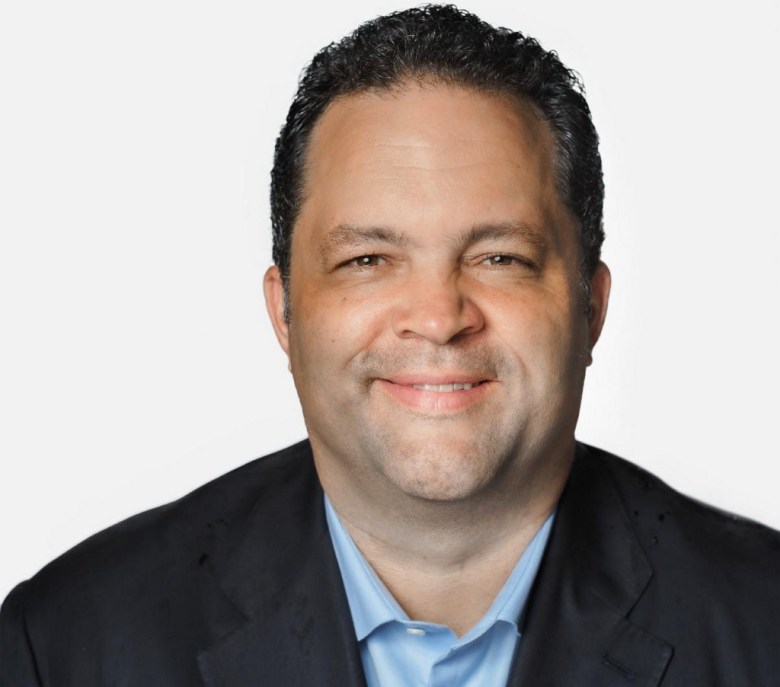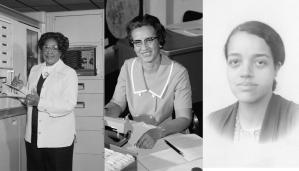
By Ben Jealous
President Joe Biden could have delivered his recent voting rights message to U.S. senators from the White House just down Pennsylvania Avenue from the Capitol. Instead, he and Vice President Kamala Harris traveled to Atlanta a few days before Martin Luther King, Jr. Day. It was the perfect place for the president’s powerful message urging senators to be on the right side of history by doing whatever it takes to get voting rights legislation passed and put on the president’s desk.
The president and vice president visited King’s church before traveling to Morehouse College, King’s alma mater. They spoke in a place represented long and nobly by the late civil rights champion and congressman John Lewis.
I was honored to be in attendance, surrounded by friends and colleagues in the voting rights movement. History was all around us. I could feel the presence of so many witnesses, including those who gave their very lives to the cause.
I had to think that Dr. King and the late Rep. John Lewis would appreciate that some of us sitting in the front row for the president’s speech had been on the front lines just a few weeks earlier. We were arrested outside the White House while urging the president to put the full power of the presidency behind a push for voting rights protections.
King and Lewis had great strategic understanding of the power of nonviolent direct action to highlight injustice, to motivate supporters, to stir the conscience of those on the sidelines—and sometimes to light a fire under allies
.
The invitation extended by the White House to those of us arrested outside its gates in November was a sign that the president appreciates the urgency that drove our direct action. President Lyndon Johnson and Martin Luther King were partners in passing civil and voting rights laws, and each understood that movement leaders had a different role to play than the politicians. Some voting rights advocates held a sit-in inside the White House itself just days before President Johnson made his famous “We Shall Overcome” speech calling on Congress to uphold American ideals by passing voting rights legislation.
Voting rights advocates have known all along that President Biden was an ally. He has publicly criticized the wave of voting restrictions passed by Republican states after record voter turnout in 2022 led to former President Donald Trump’s defeat. We respected the importance of other items on the president’s legislative agenda, including investments in infrastructure and the American people.
But we watched with increasing alarm as Republicans in the U.S. senate used filibuster rules to repeatedly block action on federal voting rights bills that are needed to override voter suppression and brazen election subversion schemes being put in place in key states. We saw time running out to reverse these changes before the 2022 elections.
So we took to the streets and called on the president to make the case to U.S. senators that the right to vote is far more important to our democracy than the current version of the Senate’s filibuster rules.
President Biden rose to the occasion in Atlanta. “To protect our democracy, I support changing the Senate rules, whichever way they need to be changed, to prevent a minority of senators from blocking action on voting rights.” he said. “When it comes to protecting majority rule in America, the majority should rule in the United States Senate.”
“I will not yield,” President Biden said. “I will not flinch. I will defend the right to vote and our democracy against all enemies, foreign, and yes, domestic.”
I believe that the president’s call to action was a reminder of the power of direct action. And a reminder of the power of the people — that when it comes to preserving voting rights and our democracy, we must all remain vigilant and willing to act with what Dr. King called “the fierce urgency of now.”
Ben Jealous serves as president of People For the American Way. Jealous has decades of experience as a leader, coalition builder, campaigner for social justice and seasoned nonprofit executive. In 2008, he was chosen as the youngest-ever president and CEO of the NAACP. He is a graduate of Columbia University and Oxford, where he was a Rhodes Scholar, and he has taught at Princeton and the University of Pennsylvania.
The opinions on this page are those of the writers and not necessarily those of the AFRO. Send letters to The Afro-American • 145 W. Ostend Street Ste 600, Office #536, Baltimore, MD 21230 or fax to 1-877-570-9297 or e-mail to editor@afro.com
Help us Continue to tell OUR Story and join the AFRO family as a member – subscribers are now members! Join here!
The post From MLK’s Alma Mater and John Lewis’ district, reminders of the power of direct action appeared first on AFRO American Newspapers .











